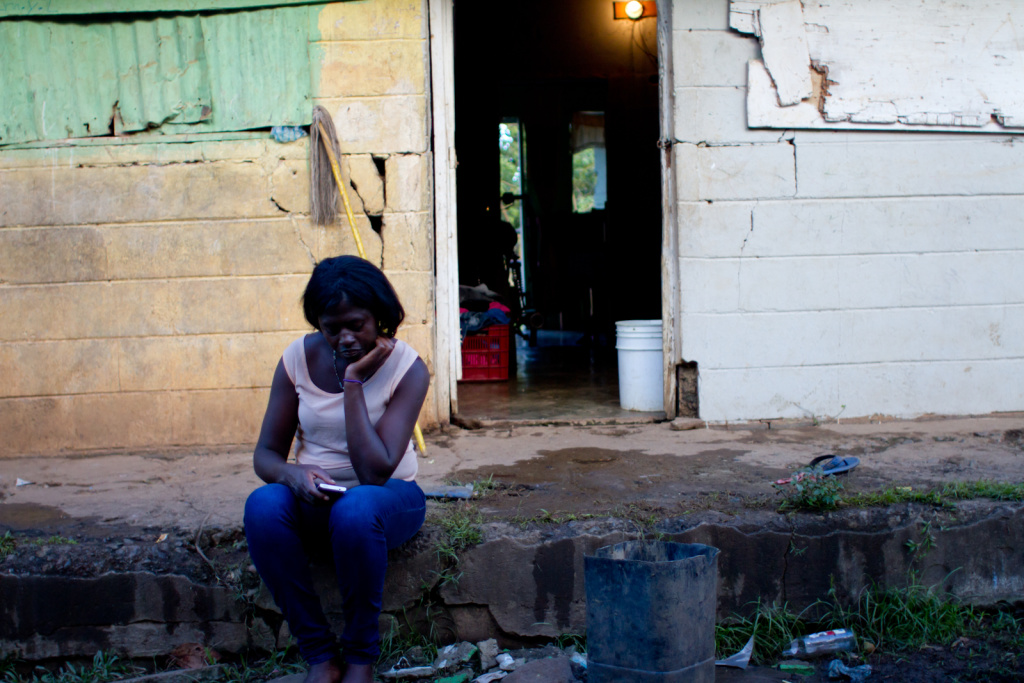
Juliana Deguis Pierre sits outside her home in the Dominican Republic. / JACOB KUSHNER
Haitians today face all manner of stigma—for perennially being “the poorest nation in the western hemisphere,” for devolving into political chaos every few years. Much of that prejudice takes root just next door, in the country with which it shares the island of Hispaniola.
In January of last year I met Felix Callo Marcel, a 22-year-old born in the Dominican Republic but who was refused a Dominican identity card and even had his school enrollment certificate confiscated by the Dominican government. His parents were immigrants from Haiti. Marcel is one of an estimated 200,000 people who have had their nationality officially stripped away from them. Now, tens of thousands of people of Haitian heritage are being deported or fleeing for their own safety to Haiti, where many live in refugee camps akin to those that popped up after Haiti’s devastating 2010 earthquake.
Dominicans take pride in their recent emergence as a middle-income nation. And yet, there’s no denying that Dominicans built their modern economy on the backs of their other half. Now it is the kids and grandkids of those Haitian immigrants whom the government says no longer belong.
Read the full article at Columbia Global Reports.